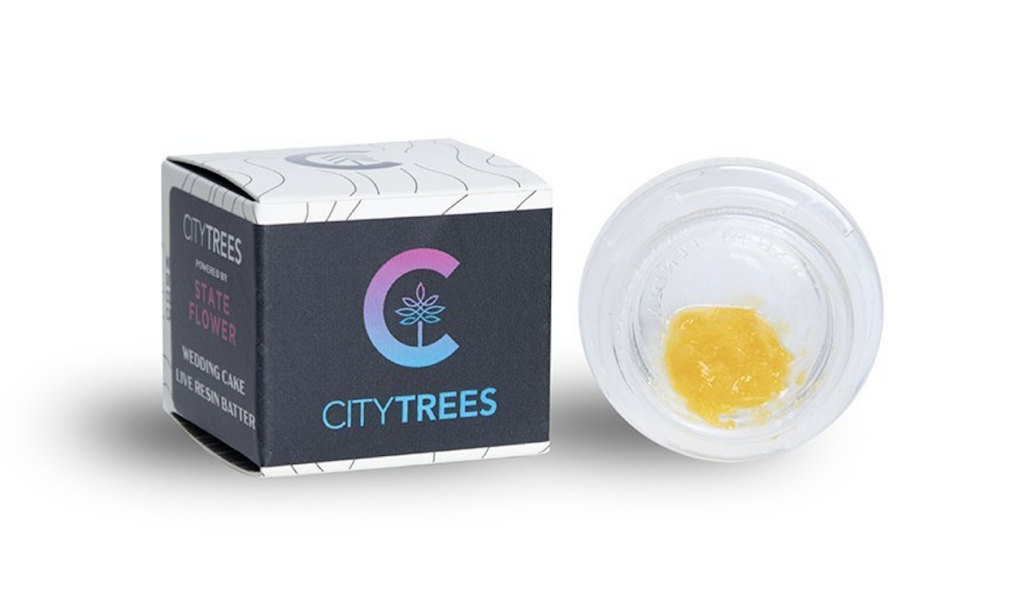When it comes to cannabis extracts, the modern cannabis consumer living in a state with medical or recreational use has countless options to choose from, and among these options, there are countless variations in extract type, consistency, potency, strain, consumption method, etc.
One important differentiating factor between two cannabis extract products is whether or not that product was made using distillate or concentrate. Understanding the difference between the two will help every cannabis consumer choose the most suitable products for them every time.
What Is Distillate?
Distillate is a form of cannabis extract that has been meticulously refined to remove undesired compounds and plant material from the final product, leaving only the pure form of one specific cannabinoid behind. Due to the rigorous refining process, distillate extracts do not retain the natural terpenes found within the cannabis plant and have no flavor or aroma.
Benefits of Distillate
- Distillate is typically flavorless and aromaless. Because distillate contains little to no taste, manufacturers can have more control over the smell and taste of their final products. This has given manufacturers the ability to create products without an overpowering or strong taste of cannabis, which can be especially useful in manufacturing vapes and edibles for those put off by the natural smell or taste of cannabis.
- Distillate is potent and versatile. By definition, distillate is the pure form of one specific cannabinoid — which makes distillate extremely potent. This potent and simplified compound is also very versatile. Distillate extracts typically contain a slightly higher potency of cannabinoids to concentrate extracts because the final products contain less organic material.
While there are several benefits to choosing distillate cannabis products, there are some potential drawbacks to this type of cannabis extract. Distillate is devoid of the naturally-occurring terpenes found within the cannabis plant, which are partially responsible for the therapeutic benefits of cannabis. Some processors chemically add terpenes to distillate after the extraction process in order to introduce flavors or effects reminiscent of a specific strain, but it is unclear whether these synthetic terpenes provide the same therapeutic benefits as the naturally-occurring terpenes in the plant.
What Is Concentrate?

Concentrate is a form of cannabis extract in which the desired elements of the cannabis plant, namely cannabinoids and terpenes, have been extracted and isolated. Unlike distillate, concentrate is made using extraction methods that allow the final product to retain some of its naturally-occurring terpenes.
Benefits of Concentrate
- Concentrate retains some of its naturally-occurring flavors and aromas. The most significant difference between distillate and concentrate is that concentrate will retain some of its natural terpenes, which typically results in a more flavorful final product with a higher content of terpenes overall. In addition, the natural terpenes found within cannabis are especially beneficial to cannabis consumers seeking medicinal treatment because they offer unique therapeutic benefits.
The overall drawback to concentrate extracts is that they may be slightly less potent to distillate extracts, due to the fact that they typically contain a higher percentage of terpenes. Depending on what your preferences are when it comes to your cannabis products, this could be a positive or negative aspect of concentrates — it all comes down to your own desires and needs.
Distillates and concentrates are both cannabis extracts used in similar ways, but there are several crucial distinctions to make between the two. One is not necessarily better quality or more desirable than the other, but both types of extracts offer different benefits and use. Be sure to ask your Oasis budtender about our selection of distillates and concentrates on your next visit.
